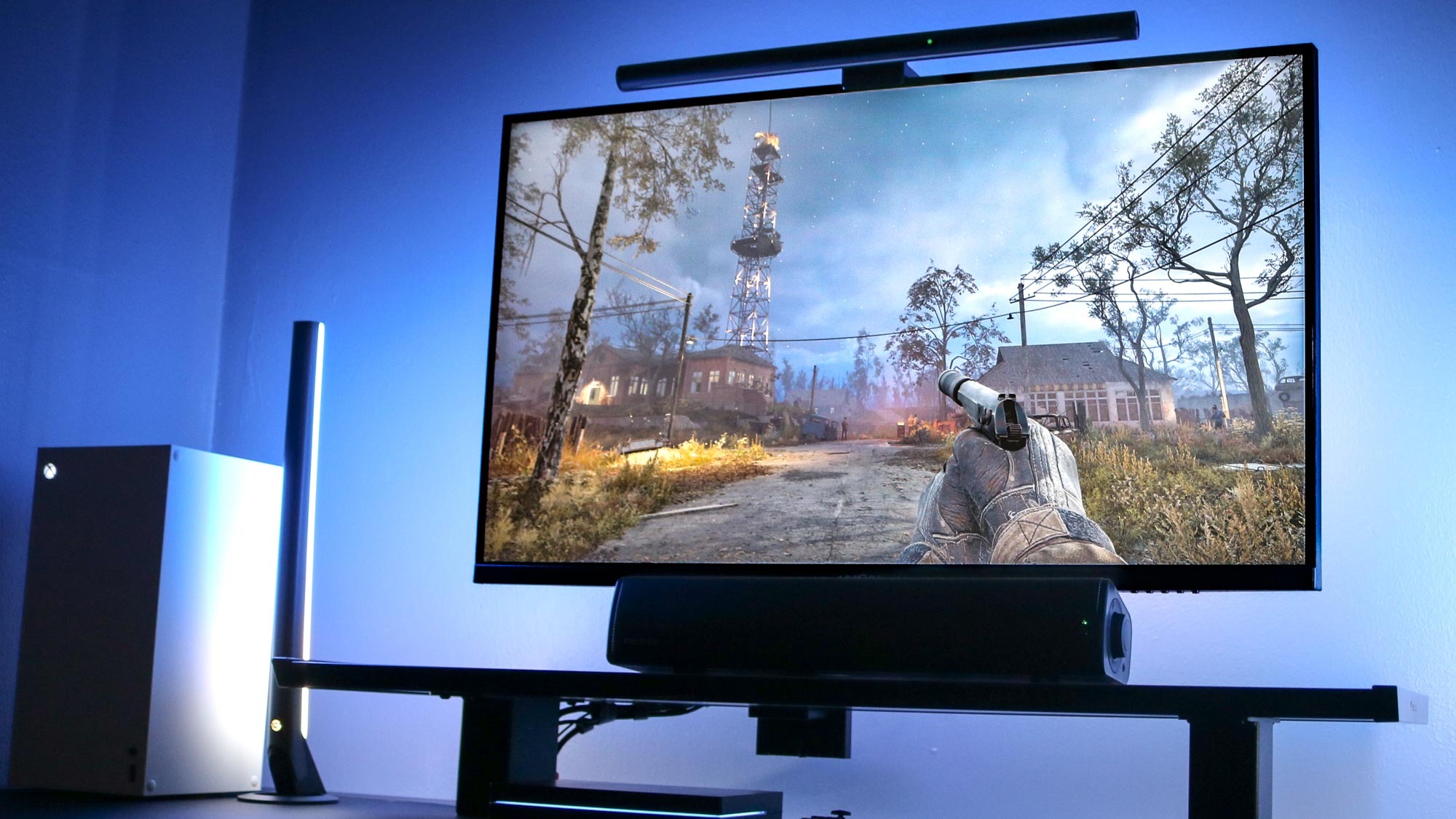
Take That, the iconic band formed in 1990, soared to stardom with hits like Back For Good and continued their success with recent releases such as Greatest Day. Over the years, the band has racked up an impressive 56 number one singles worldwide, maintaining their success even after Robbie Williams' departure in 1995. However, in 2018, lead singer and songwriter Gary Barlow revealed his struggle with an eating disorder during the band's nine-year hiatus.
Speaking on ITV's Lorraine, Barlow confessed that his battle with bulimia - a disorder characterised by binge eating followed by self-induced vomiting - was a result of his desire to "kill off the popstar," he once was. After receiving limited support for his second album in 1999, Barlow decided to quit singing. This drastic career shift led him to gain weight intentionally, hoping it would make him unrecognisable to fans.
"Not being recognised felt wonderful. The more weight I put on, the easier life became. Fat, I was invisible," he admitted in a previous interview, recalling the onset of his health issue.
Binge eating soon became a severe problem for Barlow, who indulged in a variety of foods including baked potatoes, pasta, cereal, and an astonishing 19 cups of coffee and cola daily. In an attempt to conceal his eating disorder from his family, Barlow would force himself to vomit in the toilet of his recording studio. "I'd go back to bed and lie awake.
.. my heart racing, sore throat, worrying and overstimulated.
I can never sleep after I've done it," he confessed. He continued, revealing the self-loathing that grew within him: "The first time I did it, it took me 15 minutes to get the job done - now it takes me 30 seconds." Barlow then disclosed a stark reality about his habits, stating, "With every day and every binge, I am eating the pop star to death.
" At his peak, Barlow's weight surged to a hefty 17 stone, which he has since candidly addressed in his 2018 autobiography 'A Better Me', delving into his battle with bulimia: "Some people self-medicate with drink or drugs; I just eat and eat and eat." Symptoms of bulimia are not limited to but include excessive eating bouts (binge eating). According to the Mayo Clinic, although individuals with bulimia often maintain a "normal weight," they may be experiencing other alarming signs linked with the disorder that are less visible but equally detrimental.
These include damage to teeth or gums, swelling of hands and feet, puffiness in the face, and sores on knuckles or hands. Seeking prompt treatment and support for bulimia is vital for enhancing recovery prospects from this relentless condition, a journey that can be quite extended. Revealing his turning point in a frank discussion, Barlow stated: "2003 it was the day when I just went, 'No, I'm not having this anymore, I'm going to change.
I want to change and I'm determined that this is not who I've become'." "It only took a few years to get that low, but it took me years to get back to who I wanted to be. 10 years probably.
" Barlow has been open about his battles with food, admitting in a conversation with James Corden in 2021: "I had a rough period with food that I'm not proud of, where I really lost control of myself." Recounting a moment of self-realisation, he said: "I remember one particular day just thinking: 'How have I got here? ' I was just so disappointed with myself. I turned my brain on to sorting out what I ate.
The trouble is the food I love - Chinese, chips, crisps. They were giving me a couple of minutes of a food coma, taking me out of the real world. It's just not good, that.
" Barlow found solace in keeping a food diary, a strategy he advises others struggling with their weight to try, as it helped him overcome his unhealthy eating patterns. As anyone grappling with bulimia would know, recovery is a personal journey and varies per person. Common treatments include therapy sessions and possibly antidepressant medication, among other methods.
Psychotherapy, or talk therapy, is one such approach where you discuss your bulimia and associated issues with a therapist, aiming to reduce symptoms and promote healing. Cognitive behavioural therapy (CBT) ranks among the top talking therapies, and assists people in normalising their eating patterns by recognizing "unhealthy, negative beliefs and behaviours to replace them with healthy positive ones," as per The Mayo Clinic's guidance. This approach is complemented with nutritional education support, typically involving the formulation of an eating plan aimed at promoting healthier food choices and managing hunger pangs or cravings effectively.
Those seeking additional information or aid with eating disorders can reach out to Beat through their dedicated helpline on 0808 801 0677 (service available in England only), or visit beateatingdisorders.org.uk.
.














